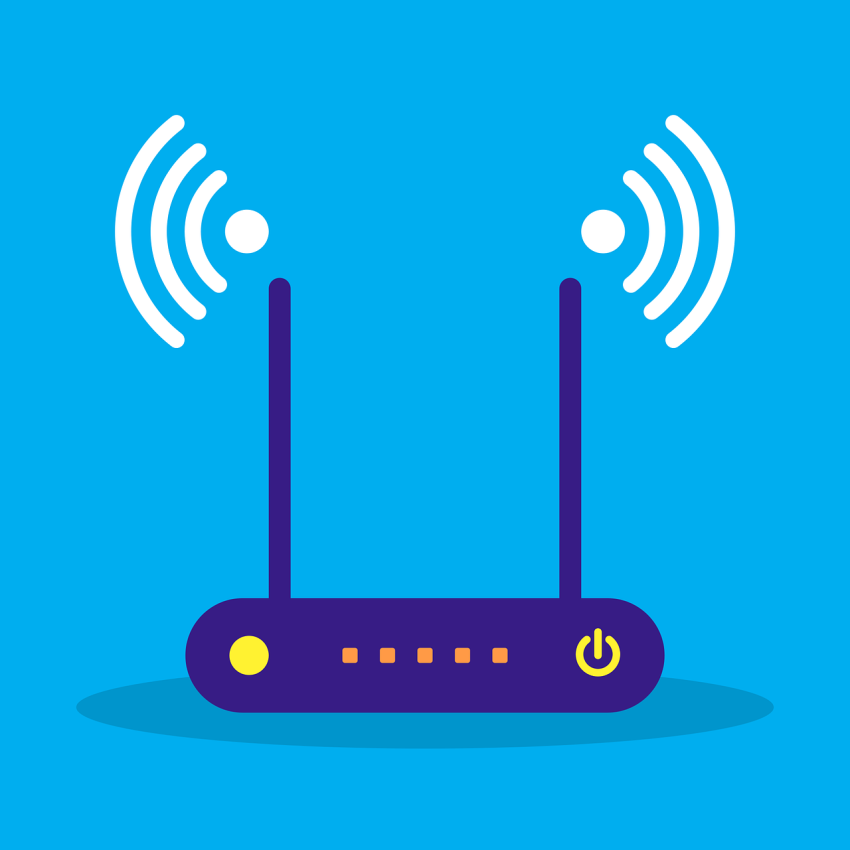Today, the internet is a need in our daily life. We require the internet in order to always be connected as more and more things become digital.
What is the best internet network for your needs is the first thought that comes to mind when considering acquiring an internet connection. Should you choose a wired or wireless internet connection?
Every time you’ve wanted to increase your current connection or get a broadband connection, you may have run into the same problem.
We’ll explain why a broadband connection is superior to a wireless broadband connection in this article and why you should pick broadband over wireless.
What is broadband?
Devices can be linked to a high-speed connection to the internet through a broadband connection, which can be cable or wireless. There are numerous options for wired broadband connections, including modems, DSL, EFM, and fiber optics.
Each of these types of networks has a unique mix of benefits and drawbacks. Therefore, a special LAN, optical fiber, dial-up connection, or cable wire that will be physically attached to the device and provide you with a high-speed internet connection is needed for a wired broadband connection.
What kinds of broadband connections are there?
There are two types of broadband connections: wired and wireless. Here is a thorough breakdown of both of them.
Wired broadband
Cables or wires are used to set up a wired broadband connection. These cables can be copper, twisted pair, or fiber optic. Signals are transmitted from one end to the other over a wired broadband connection. T1 lines or modems are typically used to operate wired networks. A wired connection can then be used to share this connection with numerous devices. Phone, internet, and cable networks are some forms of wired networks. Due to the fact that signals are transmitted over the wires directly, wired broadband has a high rate of reliability.
Wireless broadband
Wireless internet, to put it simply, is a connection arrangement carried out without the need of wires or cables. A wireless broadband connection uses the technology known as radio connections. To function effectively, it makes use of electromagnetic or infrared rays. No wires are necessary for voice or data transfer.
Differences between wireless connection and wired broadband
The key distinctions between a wired and wireless broadband connection are listed below.
Reliability and stability
Compared to wireless broadband, wired networks are typically more dependable and stable. You get a dependable connection when cables, hubs, and relays are put properly.
Signal interference is a possibility with wireless connections, which can compromise the reliability of your connection. A wired connection will not be impacted by walls or objects, in contrast to a wireless connection.
Speed
When compared to a wireless connection, wired broadband networks offer high speed. Additionally, unlike wireless connections, wired networks do not have dead spots. So, one of the primary factors in why most individuals choose a wired broadband connection is speed.
Visibility
Wired connections are invisible to other networks in terms of visibility. As a result, there is no disruption with the connection. The primary issue with wireless internet is visibility. The visibility of the networks might have an impact on performance. A wireless link may also be interfered with by barriers like structures, walls, o other equipment. Furthermore, nodes or connectivity points on single networks cannot perceive other nodes, which can also have a negative impact on the performance of a wireless internet connection.
Security
A connected network is generally more secure than a wireless internet arrangement. When setup with all the necessary security software, such as firewalls, it is a safe network to use. Due to the fact that data and communication signals move over the air, a wireless connection is less secure. These connections use radio waves to transmit data, thus if encryption is not done correctly, it may be possible to intercept them.
Why is wireless not as good as broadband?
Here are some reasons as to why a broadband connection is better for you.
High speed is one of the primary factors influencing individuals to choose a broadband connection. When compared to a wireless connection, it offers you faster speed.
Additionally, it contains more data, which enables customers to download big files more quickly.
Users that subscribe to unlimited subscriptions are not restricted in any way. Live gaming and other demanding jobs can be streamed in 4K without any issues.
A fiber network is a more constant, dependable, and secure alternative to wireless connectivity.
Given the high speed and volume of data that a broadband connection offers, it is a very cost-effective alternative to select.
Now that you are aware of the benefits of a broadband connection, it is time to make plans for its installation. Look into Excitel’s broadband plans, a company that offers fiber-optic broadband services to millions of customers. Excitel is the best broadband provider that offers you a correctly executed, stable, and quick online experience with the most recent fiber broadband technology, whether you wish to use the internet for your home or workplace. Modern technology is used by the data centers and switches to provide you with the strongest broadband internet connection.

